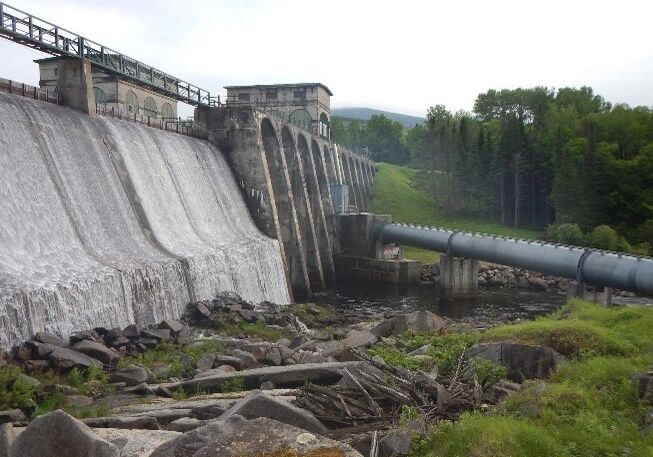
AW Challenges New EPA Rule Weakening States' Ability to Protect Rivers
American Whitewater, along with several other river conservation partners, filed litigation today challenging new Environmental Protection Agency (EPA) rules that would limit the ability of states to protect water quality at federally-licensed hydropower and other energy projects. The new rule effectively sidelines the role the states and the public have long played in permitting decisions affecting clean water, undercutting the central role of the states in protecting rivers under Section 401 of the Clean Water Act.
"These new regulations are a brazen attack on the Clean Water Act with the goal of undermining the public's ability to protect our rivers from harmful impacts of federally-licensed energy projects on the environment and outdoor recreation," said Bob Nasdor, American Whitewater legal director. "Rather than protecting and restoring our rivers, these rules will weaken water quality by limiting the information, time for review, and ability of the states to require that projects meet state standards."
The new rule guts the Clean Water Act's Section 401 provisions, which for nearly 50 years have provided for states' and authorized Tribes' self-determination in permitting for a wide array of projects requiring federal approval within their borders. The rule also suppresses state and Tribal public participation processes that moor U.S. water policy in the harbor of democracy.
"With this rule change, the Administration has given corporations the green light to run roughshod over local communities, and has proven it is more interested in corporate rights than states' rights," According to Andrew Hawley, lead attorney with Western Environmental Law Center who filed the litigation on bealf of American Whitewater, American Rivers, Idaho Rivers United, and California Trout.
This rule change is separate from rollbacks to the Waters of the U.S. Rule (WOTUS), which eliminates protections for many waterbodies throughout the country, but represents an equally dangerous threat to clean water and public health nationwide. Section 401 applies broadly to any proposed federally licensed or permitted activity that may result in a discharge into any waterway that is covered under the law. Projects that may be approved against states' and Tribes' wishes include pipelines, hydropower, industrial plants, municipal facilities, and wetland development.
For more information on American Whitewater's litigation challenging new EPA regulations that weaken the Clean Water Act, contact Bob Nasdor, bob@americanwhitewater.org
